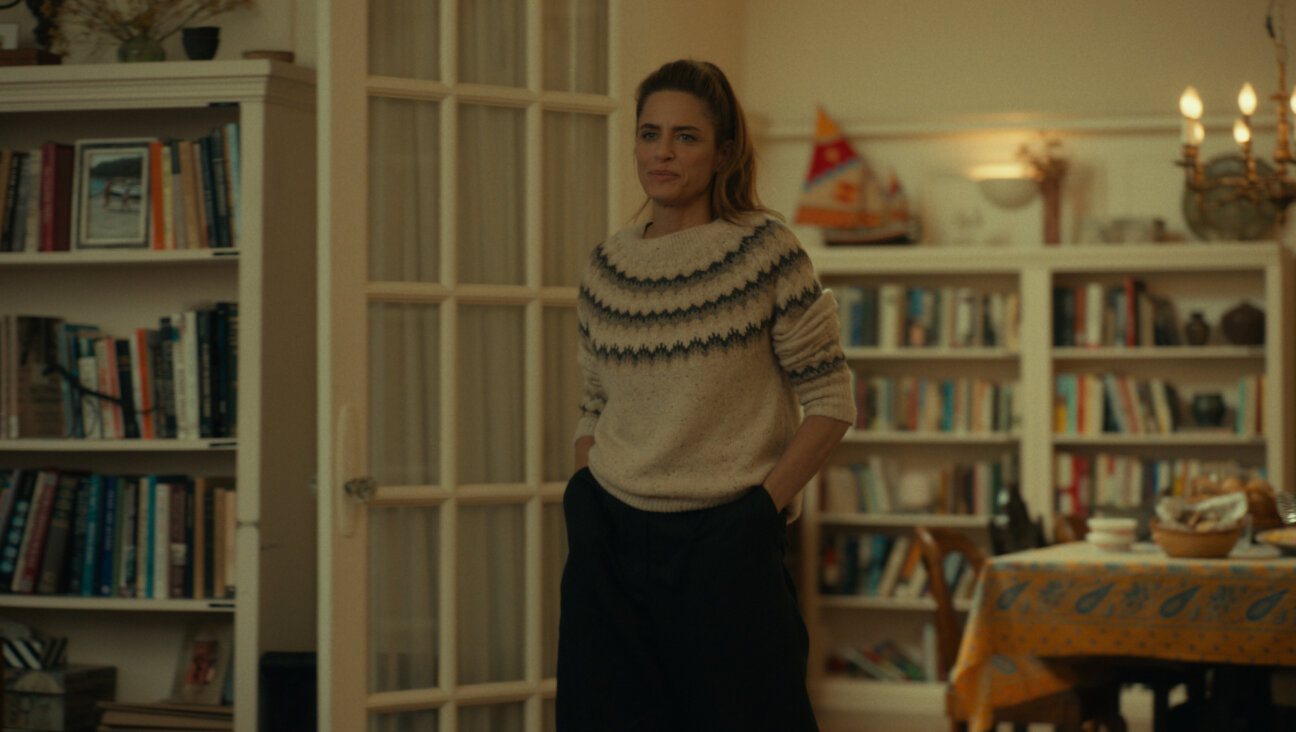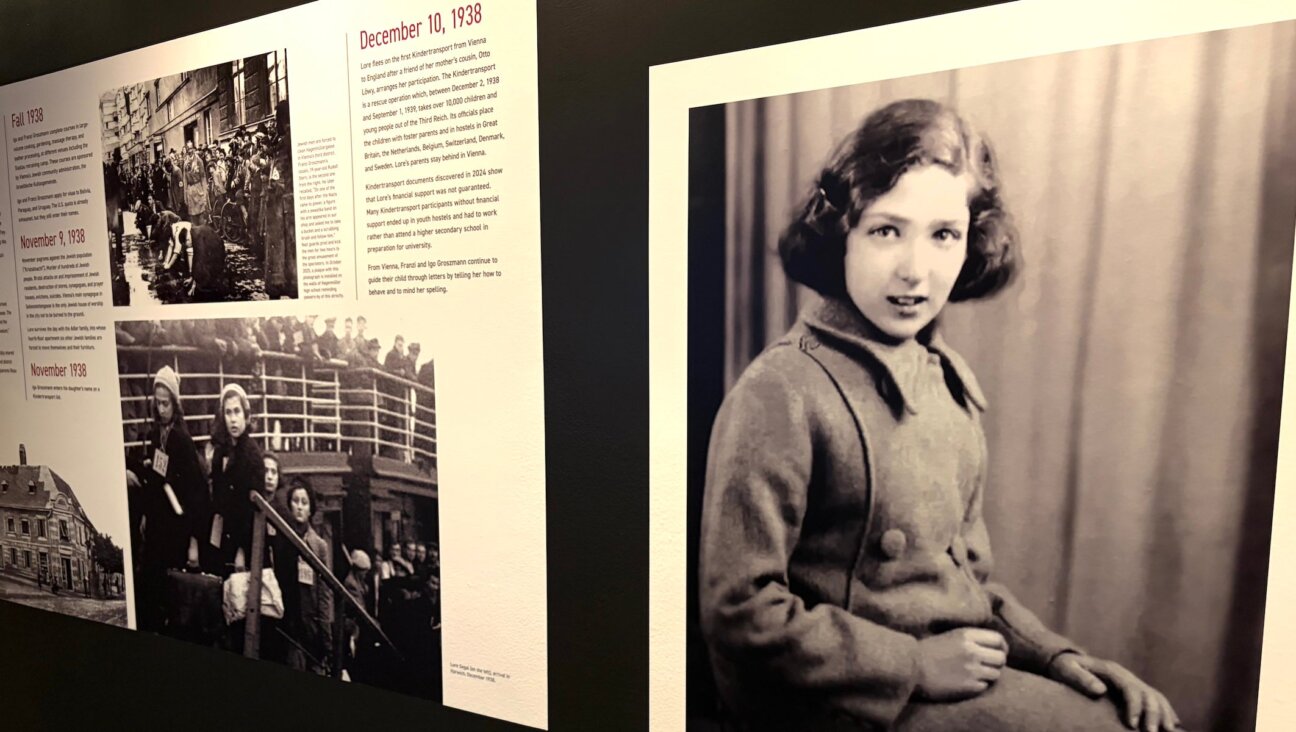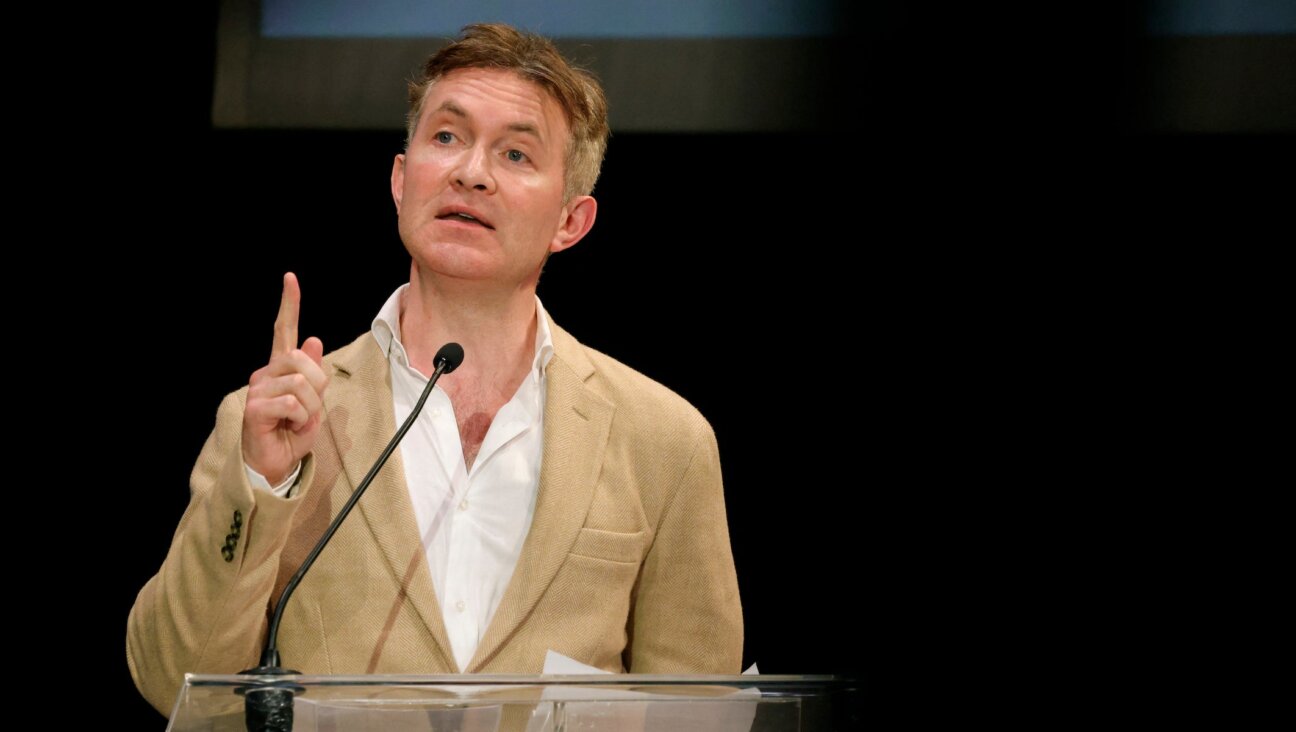A Daughter’s-eye View of a Man Who Was a Hero to Many
My Father Is a Book: A Memoir of Bernard Malamud
By Janna Malamud Smith
Houghton Mifflin, 304 pages, $24.
* * *|
Perhaps it was silly of me to imagine a tame, tender, avuncular Bernard Malamud. But from the little I knew of his biography — and there is no biography of him, though an English critic is working on one now — Malamud had achieved that which had eluded Jewish American writers like Isaac Bashevis Singer, Saul Bellow, Philip Roth and Leonard Michaels: He had a long-lasting marriage to the former Ann deChiara; he successfully raised two children, who, so far as one hears, are reasonably well-adjusted adults; he taught, he wrote, he never got hooked on the booze. He lived placidly as a college professor, first in Oregon and then in Vermont, teaching and producing heartbreakingly good fiction.
Shows what I know. Having read “My Father Is a Book,” the new memoir by Janna Malamud Smith (adult daughter of “Bern”), I realize that I was a fool, gulled by those short stories that I can read over and over with no loss of delight. It turns out that the author of short stories like “The Magic Barrel,” “The Jewbird” and “Angel Levine” and accomplished novels like “The Natural,” “The Fixer” and “The Tenants” had a long-term affair with one of his students at Bennington College. He was also a rather distant father, and he could be sadly indifferent to his wife’s feelings. He wasn’t a monster, just a small-time dabbler in loutishness.
Apparently Smith has forgiven Dad. Her memoir of their relationship quotes at length from her father’s letters to friends (and to his mistress), and that willingness to allow her father to speak for himself is, like the book itself, an act of generosity. Smith doesn’t seem in the business of judging; her father died in 1986, and she is past the pain and the regret. Her book is an act of reflection, often analysis. It’s the story of a girl coming of age on college campuses, the daughter of a sad man whose fame only slowly catches up with his talent. A social worker, Smith is trained to look for the pain beneath, though she doesn’t have to look far. Her father had an insane mother, an emotionally troubled brother, and a poor, semiliterate immigrant father; Bernard Malamud triumphed over a family history that would have crippled most of us. “He willed himself on,” Smith writes. “As a little girl in Oregon, I’d hear him shaving in the bathroom, on the bad days cursing quietly to himself, on the good ones announcing to all within range, firmly, audibly, ‘Someday I’m going to win.’”
That’s one of the few moments in Smith’s very readable memoir when I recognize the voice of Malamud’s fiction. This shouldn’t be surprising, since there’s no necessary correspondence between how one talks and the art that one creates. But I do wish that this book touched down more often on Malamud’s art. We learn that he was an admirably industrious worker. (Updike envied Malamud’s work ethic, while Malamud envied Updike’s fluency. There’s no better way to understand the paradox of the artistic temperament: The most prolific major novelist of our time wished he could keep longer hours, while the most effortless of fable writers wished he had a better command of the language.) But after reading this book, I’m still no closer to knowing how Malamud forged those stories, so simple in their perfection, those stories that capture a poor immigrant New York that, if it never existed quite how he portrays it, certainly should have. The angels and miracles and magical birds, dropping in to pay visits to poor tailors and butchers and egg candlers, helping them find a little bit of rest — even love — in this strange, alien world. To me, one Malamud story is worth a bushel of Henry Roth novels, a grocer’s cart worth of memoirs about what things were really like on Grand Street. How did a man with a miserable childhood develop such compassion for the kind of people who raised him? How did a man who married a gentile and stayed intentionally far from Jewish life in New York, briefly sending his daughter to Sunday school at a Unitarian church, become the autochthonous chronicler of poor New York Jews?
Stupid questions, I know. We often write about that which we have fled. And we often write through the questions we cannot resolve in our own lives. As Malamud grew older, he became more interested in his Judaism; his mistress was Jewish, which Smith finds telling. The eve before Janna Malamud’s wedding to David Smith, Bern told his daughter, “You know, I wish you were marrying someone Jewish.” This is about as close as we’ll get, I think, to understanding Malamud the Jew, precisely because it’s doubtful that Malamud himself ever got any closer. He probably didn’t know what to make of his own persistent attachment to Judaism, any more than he knew where the wonderful characters in his stories came from.
And it’s certainly not the kind of knowledge a daughter can impart to us. Children see their parents as moms and dads, not as Jews, literati or artists. Smith has written a thoughtful, considered appreciation of her father as he moved through life, teaching, writing, parenting. It’s a daughter’s-eye view of a man who, by the time of his death, was a hero to many. One suspects that his forthcoming biography will never lose sight of the man’s artistic greatness, but it’s helpful to have a book that reminds us that he still put on his pants one leg at a time — and that’s how he took them off, too, when the opportunity presented itself. That this book offers some insight into Malamud the family man, loving but flawed, is distinction enough.
Mark Oppenheimer is the author of “Thirteen and a Day: The Bar and Bat Mitzvah Across America.” His essay on Bernard Malamud’s fiction appeared in the January 2004 issue of The Yale Review.
















